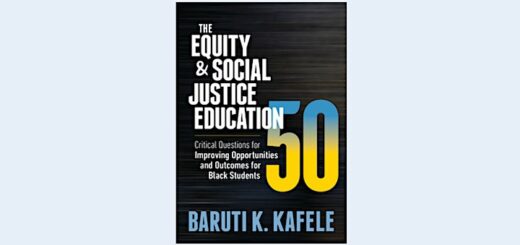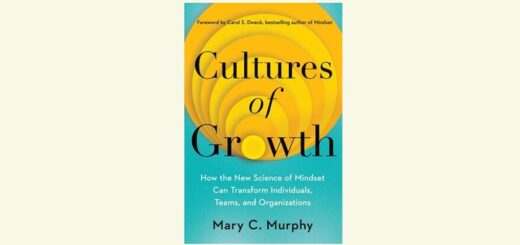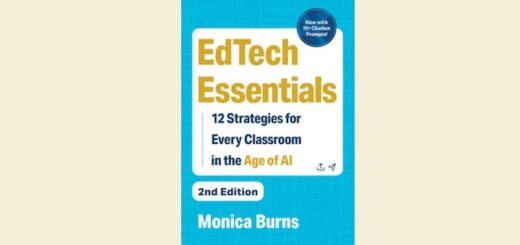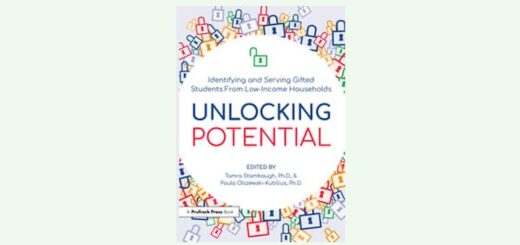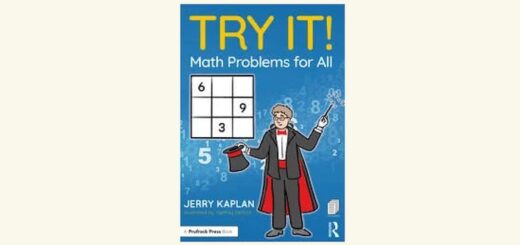Advice for Passionate New Special Ed Teachers
When I became a special education teacher two decades ago, many colleagues told me that my excitement for teaching was because I was new. They sighed, groaned, and said, “Wait a few years.” I remember thinking, what are they talking about? I knew way back then that my passion for teaching and learning would never diminish—it would only intensify. And it has.
It’s a passion for teaching that leaves me raring to go to work each day—even after all these years. What’s my secret? The source goes deep down to my core and vision, and can easily be summed up explaining that I am constantly asking myself: What can I do for children?
This simple yet profound question provides the focus I need when the going gets tough. This question keeps me in the mode of turning my passion into performance. I’m talking about purposeful performance that links my core values with an empathetic awareness of the views of those around me.
Special education teachers have challenges similar to those of their general education peers: mastering content, fine-tuning technique, and collaborating with colleagues. Yet special education teachers face additional responsibilities that include, but are not limited to:
• understanding the Individuals with Disabilities Education Act (IDEA);
• considering accommodations and modifications for learning;
• aligning IEP goals, state standards, and district expectations;
• creating a climate of tolerance for diversity at the classroom and building level;
• researching and applying strategies to help make the general education curriculum accessible for a diverse group of special needs students;
• collecting data to monitor students’ progress of IEP goals;
• apprising themselves of behavior modification techniques.
At a glance (and even when given considerable thought) the job can seem overwhelming. But it doesn’t have to be. I think the secret to success lies in building a strong sense of “self,” so that you can focus your energies on answering that question of mine: what can I do for children? This sense of self is an absolute must as the year slowly cranks into high gear.
The challenges of Co-Teaching
Inclusion is one setting where a special education teacher’s core teaching values can get lost in the shuffle if we don’t stay completely tuned in to our purpose. In an inclusive classroom setting, the special educator joins forces with the general education teacher. The challenge of implementing well-thought-out lesson plans or finding the co-planning time can become a bit daunting. Over the years, I’ve identified three possible realities that can emerge from the inclusion experience:
1. You find yourself in a co-teaching relationship where instructional philosophies match perfectly. Life is great.
2. You find yourself balancing your instructional philosophy with your co-teacher’s, with mutual respect for each other’s perspectives, roles and goals. Life is good—and balanced.
3. You find significant differences between you and your co-teacher that are not easily resolved. And you become frustrated, quiet, passive, intimidated, and hesitant to set the teacher in you free.
Most special educators would agree that the third option is a shameful situation to be in. I have far too many memories of special education colleagues over the years who have said to me, with a note of despair: “Please don’t let me be observed in my inclusion class—because that is just not me.”
On the bright side, this third option can be avoided. A balance can be found. One sure way to accomplish this balance is to keep your values firmly in place while considering the perspective of those individuals you must collaborate with. Let’s think about this by joining in on an imaginary meeting. Get comfortable and pull up a chair. Here are the points of view you must bring to the table, if you want to be successful:
• First, you will see instruction from the perspective of your students. This view will reveal all of their interests, experiences, thoughts, and needs.
• Next you will see the parents’ view, which includes the hope that their children can become independent and successful.
• Then you will see the perspective of (and the demands upon) your co-teacher. You’ll have a clear view of the curriculum, standards, assessments, and grade book.
Breath deeply and focus on your core values
Take a deep breath. And never forget to breathe out. Take it all in, because you must think about all views as you consider how best to do your job. You must know your students’ needs and goals. You must search for the best possible outcomes for them and their families. You must track students’ progress and provide specific data-based evidence for that progress. You must never, ever become quiet or intimidated. Because your students need and depend on you, you must look your co-teacher in the eye and ask: What can we do for all these children, in partnership?
When we keep in mind the perspectives of all involved in the education of our students with special needs, we can guard against feeding the frustrations that an inclusive setting can evoke. So keep an open mind and don’t forget your core values—they will help you sleep at night.
Let me repeat that for emphasis: A clear understanding of your core values is critical when embarking on a special education teaching career. You will teach alongside many colleagues each day—some who share your teaching philosophy and some who do not. But it’s all about what you can do for your students and how you can guide them to become self-advocates. This sense of values, this mission, becomes your focused strength. When your core values are set, you grow personally and professionally. And your values will evolve as you evolve.
Finally, you must keep expanding your knowledge and skills. Continuing the learning process for yourself helps sustain your passion for teaching and learning. You must always take some time to learn from:
• your students
• the views of everyone around you
• current research and current events
• your everyday experiences
• your significant observations
Our students need us to teach every day to the very best of our ability. We must do everything we can to build the strength and wisdom—and sometimes the courage—to keep our promise to them.
Elizabeth Stein (@elizabethlstein) is a 20+ year teaching veteran, with experience as a special education teacher in both upper elementary and middle school. She’s currently a teacher coach, specializing in coteaching, in Long Island NY’s Smithtown Central School District. Elizabeth is National Board Certified in Literacy and a contributor to Education Week and other publications. She also writes the popular MiddleWeb blog Two Teachers in the Room and co-hosts the Twitter chat #coteachat. She is the author of Comprehension Lessons for RTI (Scholastic).
Note: This article first appeared on the web at Education Week Teacher. Republished with permission of the author.
Photo: Emile Wamsteker, Education Week



















